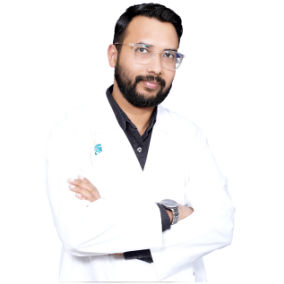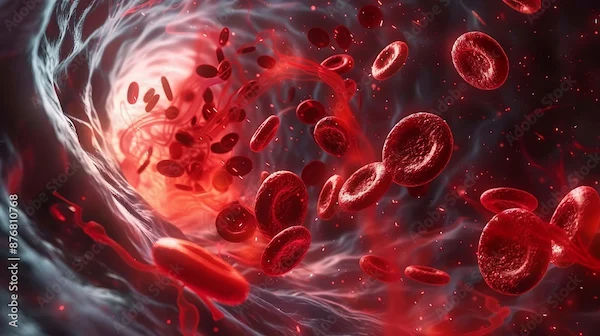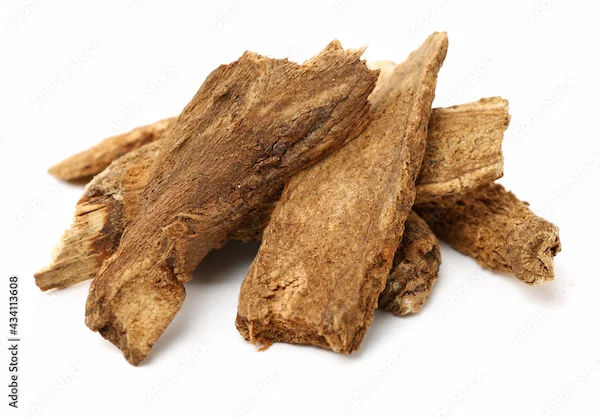Understanding LVAD Devices and Their Benefits
Learn about LVAD devices, their role in supporting heart function for patients with heart failure, and the benefits they offer for improved quality of life.


Heart health is a crucial aspect of overall well-being, and for people with severe heart conditions, medical advancements like Left Ventricular Assist Devices (LVADs) can be life-changing. If you or a loved one has been recommended an LVAD, you may have questions about what it is, how it works, and how it can improve quality of life. This article will help you understand LVADs in simple terms, their benefits, and how they can support heart function.
What is an LVAD?
An LVAD (Left Ventricular Assist Device) is a mechanical pump that helps the left ventricle (the heart's main pumping chamber) circulate blood throughout the body. It is used when the heart is too weak to pump blood effectively on its own, often in cases of advanced heart failure.
An LVAD does not replace the heart but works alongside it, improving blood flow and reducing symptoms like fatigue and shortness of breath. Some LVADs are used as a bridge to a heart transplant, while others serve as a long-term solution (destination therapy) for patients who may not be eligible for a transplant.
How Does an LVAD Work?
An LVAD consists of three main parts:
1. Pump: Placed inside or outside the body, it helps the heart pump blood.
2. Controller: A small computer that regulates the pump’s speed and function.
3. Power Source: Usually external batteries or a power base unit connected via a cable through the skin.
The device takes blood from the left ventricle and pumps it into the aorta (the main artery), ensuring oxygen-rich blood reaches the body efficiently.
Who Needs an LVAD?
LVADs are typically recommended for people with:
- Severe heart failure that doesn’t improve with medications or other treatments.
- End-stage heart disease while waiting for a heart transplant.
- Chronic heart failure when a transplant isn’t an option.
Your doctor will assess whether an LVAD is the right choice based on your overall health, age, and specific heart condition.
Benefits of an LVAD
An LVAD can significantly improve a patient’s life by:
- Improving Heart Function: Helps the heart pump blood more effectively.
- Reducing Symptoms: Lessens fatigue, breathlessness, and fluid retention.
- Enhancing Quality of Life: Allows patients to perform daily activities with more ease.
- Extending Survival: Can prolong life for those awaiting a transplant or as long-term therapy.
- Supporting Recovery: Some patients regain strength while using an LVAD.
Consult Top Specialists
Living with an LVAD
While an LVAD improves heart function, it requires adjustments in daily life. Here are some key considerations:
1. Daily Care & Maintenance
- Keep the external components (controller, batteries, and cables) clean and dry.
- Always carry spare batteries when going out.
- Follow your doctor’s instructions on wound care (where the cable exits the skin).
2. Physical Activity & Lifestyle
- Light exercises like walking are encouraged, but avoid heavy lifting or contact sports.
- Swimming and bathing are usually restricted due to the risk of water damage.
- Travel is possible but requires planning (extra batteries, medical approvals).
3. Diet & Medications
- Follow a heart-healthy diet (low salt, balanced nutrition).
- Take prescribed blood thinners (to prevent clots) and other medications as directed.
4. Emotional & Social Support
Adjusting to life with an LVAD can be challenging. Seek support from family, friends, or counselling groups.
Many LVAD patients lead active lives, but it’s important to stay connected with your medical team for regular check-ups.
Possible Risks & Complications
Like any medical device, LVADs have some risks, including:
- Infection: At the site where the cable exits the skin.
- Blood clots: Can form inside the pump, requiring blood thinners.
- Bleeding: Due to blood-thinning medications.
- Device malfunction: Rare but may require medical attention.
Your healthcare team will monitor you closely to minimise these risks.
When to See a Doctor?
If you or a loved one has an LVAD, seek immediate medical help if you notice:
- Fever or signs of infection (redness, swelling, or discharge at the exit site).
- Sudden weakness, dizziness, or fainting.
- Unusual bleeding or bruising.
- Alarms or changes in the LVAD’s function.
Conclusion
An LVAD is a remarkable device that can provide hope and improved quality of life for people with severe heart failure. While living with an LVAD requires some adjustments, many patients find they can return to daily activities with greater ease and energy.
If you or a loved one is considering an LVAD, consult a heart specialist to discuss whether it’s the right option. At Apollo 24|7, you can book a consultation with expert cardiologists who can guide you through the process and provide personalised care.
Consult Top Specialists
Consult Top Specialists

Dr. Rajib Ghose
General Physician/ Internal Medicine Specialist
26 Years • MBBS
Kolkata
B Ghose Foundation Doctor's Chamber, Kolkata
(25+ Patients)

Dr. Rajib Ghose
General Practitioner
25 Years • MBBS
East Midnapore
VIVEKANANDA SEBA SADAN, East Midnapore

Dr. Mohamed Azeem
General Physician/ Internal Medicine Specialist
2 Years • MBBS,MD(Internal Medicine) CCEBDM
Karaikudi
Apollo Hospitals Karaikudi, Karaikudi

Dr. Aakash Garg
Gastroenterology/gi Medicine Specialist
12 Years • MBBS, DNB (Medicine), DrNB (Gastroentrology).
Bilaspur
Apollo Hospitals Seepat Road, Bilaspur
(125+ Patients)

Dr. Thirupathy K S
General Physician/ Internal Medicine Specialist
11 Years • MD
Karaikudi
Apollo Hospitals Karaikudi, Karaikudi
(75+ Patients)
Consult Top Specialists

Dr. Rajib Ghose
General Physician/ Internal Medicine Specialist
26 Years • MBBS
Kolkata
B Ghose Foundation Doctor's Chamber, Kolkata
(25+ Patients)

Dr. Rajib Ghose
General Practitioner
25 Years • MBBS
East Midnapore
VIVEKANANDA SEBA SADAN, East Midnapore

Dr. Mohamed Azeem
General Physician/ Internal Medicine Specialist
2 Years • MBBS,MD(Internal Medicine) CCEBDM
Karaikudi
Apollo Hospitals Karaikudi, Karaikudi

Dr. Aakash Garg
Gastroenterology/gi Medicine Specialist
12 Years • MBBS, DNB (Medicine), DrNB (Gastroentrology).
Bilaspur
Apollo Hospitals Seepat Road, Bilaspur
(125+ Patients)

Dr. Thirupathy K S
General Physician/ Internal Medicine Specialist
11 Years • MD
Karaikudi
Apollo Hospitals Karaikudi, Karaikudi
(75+ Patients)




